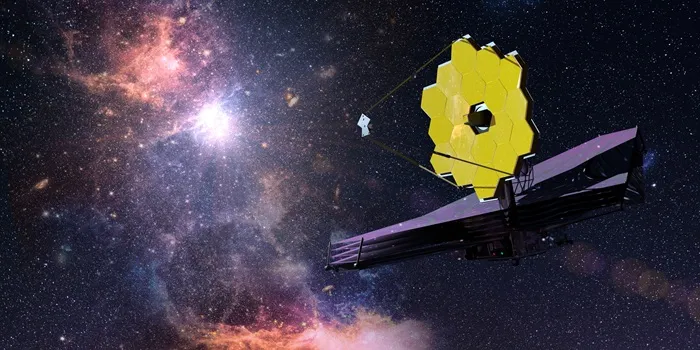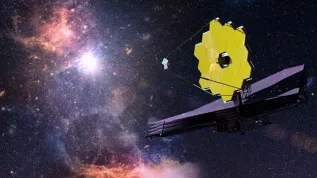-
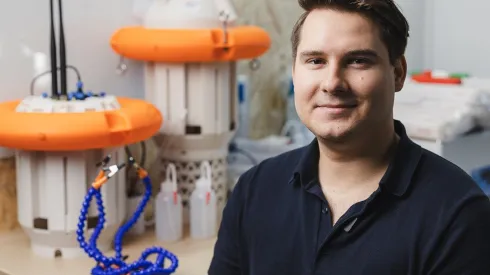
Polish students in James Dyson Award final with life-saving wristband and AI water monitor inventions
Two Polish inventions are among the Top 20 global finalists in this year’s James Dyson Award. Both inventions, a smart medical wristband that can save lives and an AI-powered water monitoring system, will compete for the competition’s international grand prize.
-

Polish scientists wins Ig Nobel Prize for study on intelligence and narcissism
Professor Marcin Zajenkowski from the University of Warsaw has received the Ig Nobel Prize in Psychology for research showing that praising someone for their intelligence can temporarily increase narcissism.
-

Polish physicist honoured with prestigious Japanese award
Professor Tomasz Dietl, a leading physicist with the Institute of Physics of the Polish Academy of Sciences, has been awarded the prestigious Tohoku University International Award – Special Award.
-

ERC awards 281 Advanced Grants, 4 winners from Poland
The European Research Council (ERC) announced the results of the Advanced Grants competition. 281 outstanding scientists from Europe will receive a total of EUR 721 million to carry out ambitious research projects under the Horizon Europe programme. The grants will also be awarded to four winners from Poland.
-
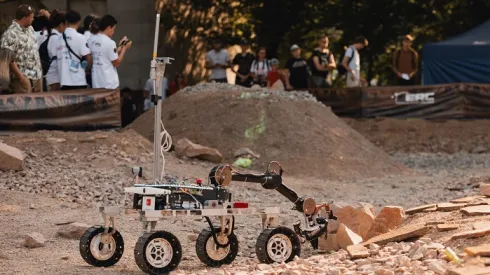
Swiss team wins 10th edition of European Rover Challenge in Kraków
The Swiss FHNW Rover Team won the 10th edition of the European Rover Challenge, a competition for Mars rovers. Twenty four teams representing universities from all over the world participated in the competition in Kraków, in the so-called Marsyard - a space inspired by the Red Planet.
-

Polish space law expert receives Rosalind Franklin Society Award
The director of the Centre for Space Studies at Poland’s Kozminski University has received the Rosalind Franklin Society 2023 Award for outstanding scientific achievements in the field of space law, the university reports.
-
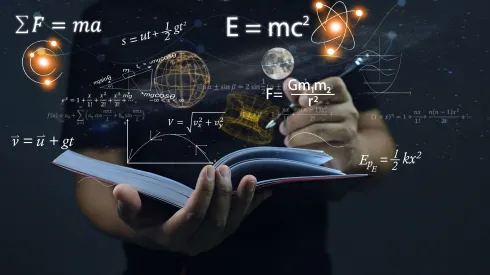
Young Polish physicists win medal at international tournament
Young Polish physicists took third place at the International Young Physicists' Tournament in Budapest.
-
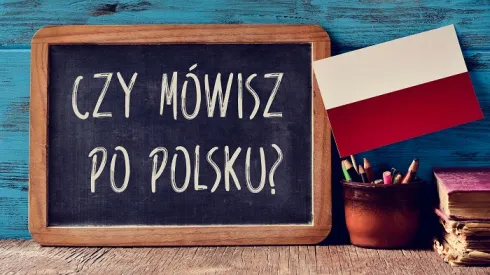
NAWA Lecturers promote Polish language abroad
Polish language courses in 86 academic centres in 43 countries will be taught by 89 teachers selected by the National Agency for Academic Exchange (NAWA).
-
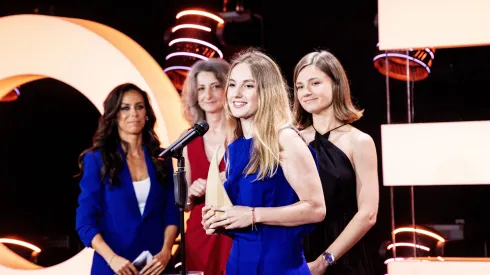
Polish inventor wins European Inventor Award and Popular Choice Award
Inventor Olga Malinkiewicz is the first Pole in history to win the European Inventor Award - a distinction awarded by the European Patent Office (EPO). At the ceremony in Valletta, Malta, she also received the Popular Choice Award.


